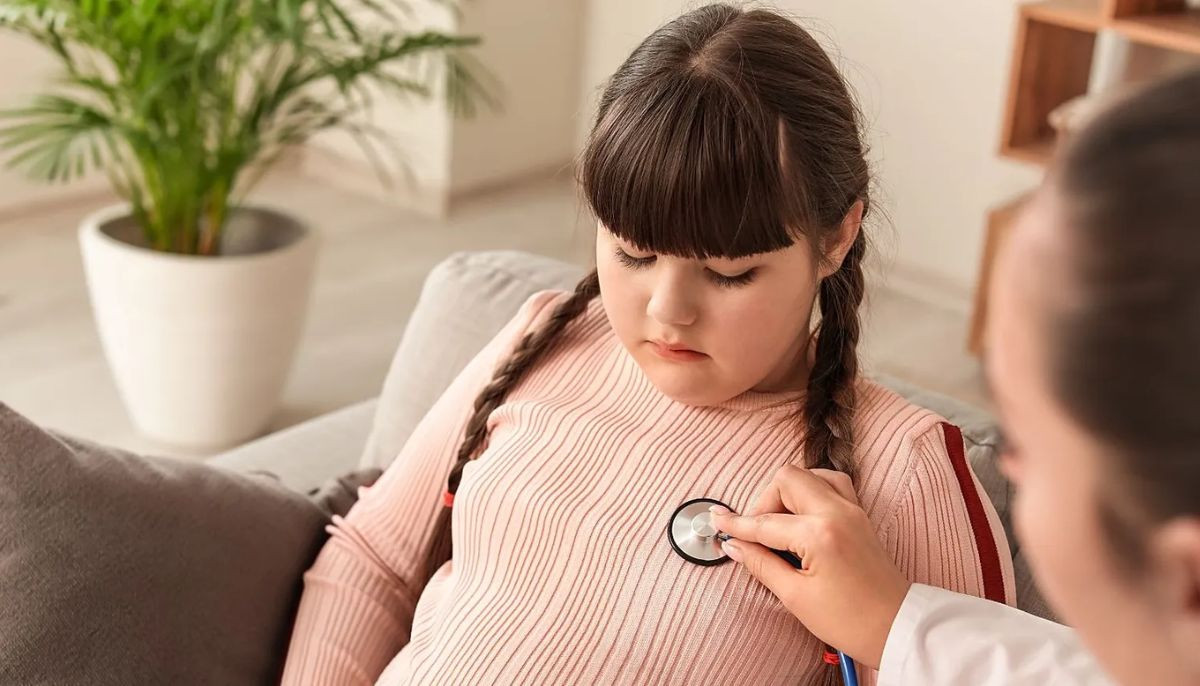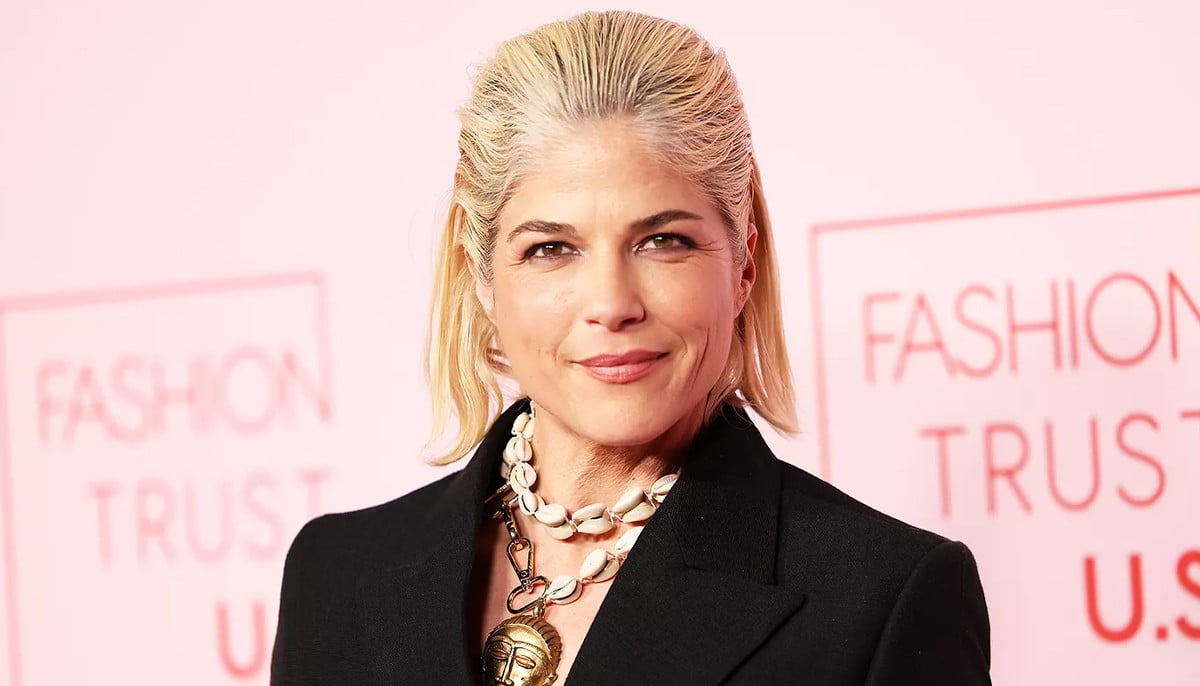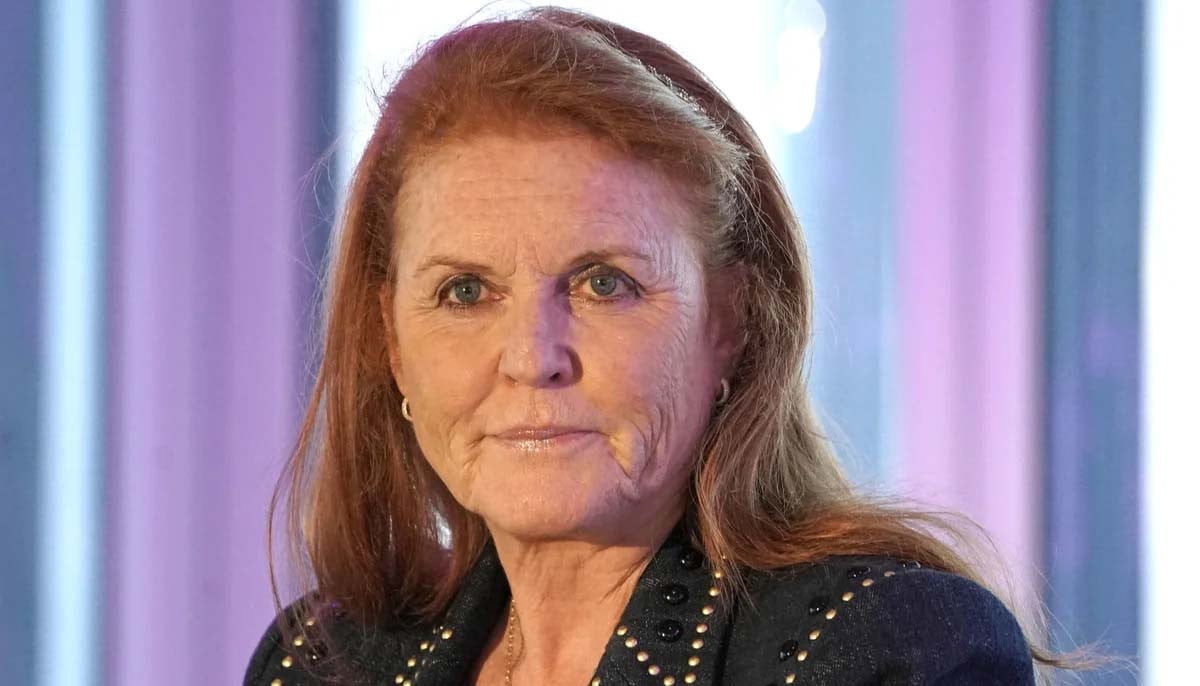Why should you stop drinking coffee on empty stomach?
Coffee remains harmless for some people but has potential to risk health of many if taken on empty stomach
A cup of coffee on an empty stomach is not likely to cause problems for most people but can create severe health issues for others due to being high in caffeine.
Kim Barrett, a professor of physiology and membrane biology at the University of California at Davis School of Medicine and a member of the governing board of the American Gastroenterological Association, noted that a jolt of morning coffee on an empty stomach may exacerbate symptoms for those with sensitive stomachs, according to the Washington Post.
This includes those who are predisposed to certain gastrointestinal conditions like gastroesophageal reflux, those who already have damage to their stomach lining or such as those with stomach erosion or ulcers.
Since cortisol, the stress hormone that triggers the fight-or-flight reaction is typically at its peak in the morning, some individuals may find that a morning caffeine boost amplifies its effects.
According to Courtney Delpra, a registered dietitian at the Cleveland Clinic, blood sugar levels can be affected by cortisol, therefore people with diabetes who consume coffee may wish to balance their blood sugar levels by eating a morning meal that includes both a protein and a carbohydrate.
Although studies have shown that coffee can be acidic and increase the formation of stomach acid, most people probably won't have an issue with that. Coffee drinking was not significantly linked to any of the four main upper gastrointestinal problems, including reflux and ulcers, according to a study including 8,000 healthy participants.
-
Selma Blair talks about how her debilitating disease is 'misunderstood'
-
Oliver 'Power' Grant cause of death revealed
-
Jada Pinkett Smith details how her memoir combats 'shame' around alopecia
-
Billy Joel admits cancelling of tour due to brain disorder 'sounds a lot worse' than it is
-
Chester Bennington’s mental health story and lasting legacy
-
Yerin Ha opens up about shocking diagnosis post ‘Bridgerton’ season 4
-
Everything to know about Justin Bieber's facial paralysis
-
Sarah Ferguson’s dual cancer journey












